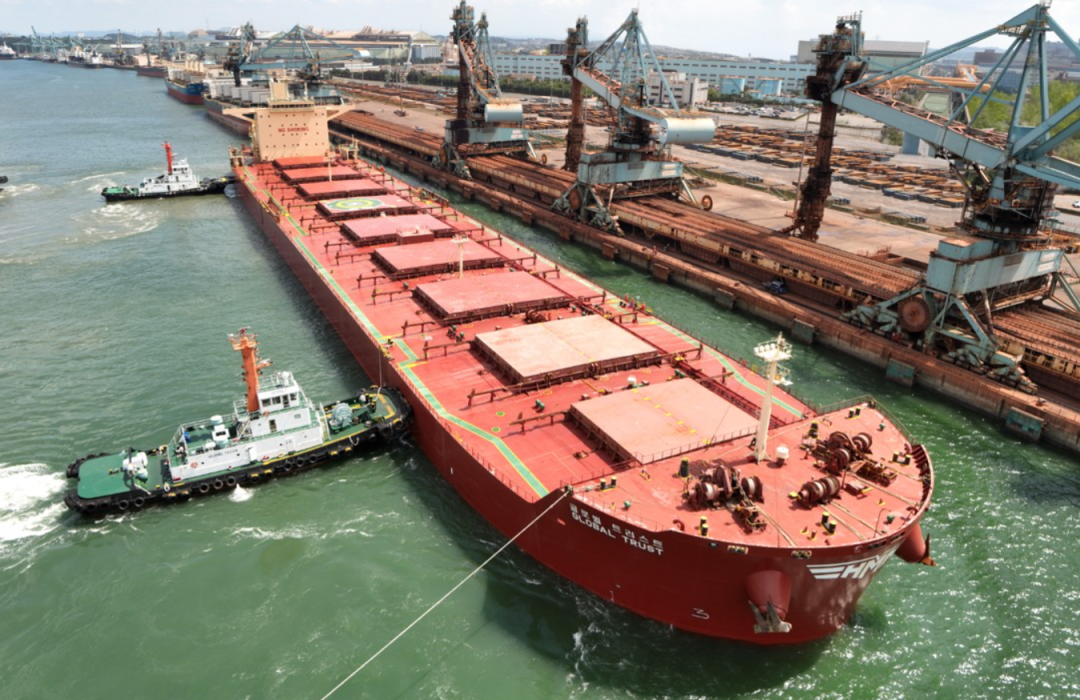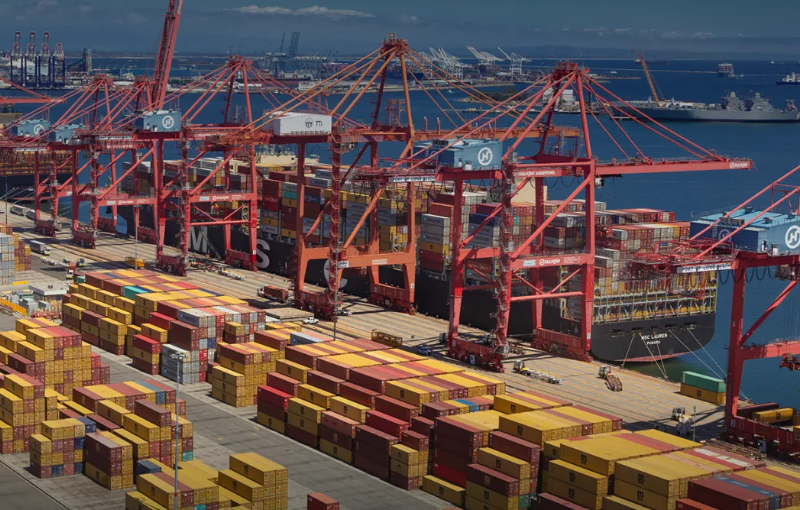Maersk is closing in on market leader Cosco Shipping Lines in the busy intra-Asia trade lanes, according the latest data from Alphaliner.
The Danish carrier has added a further 100,000 teu of capacity in the past 12 in the busiest container shipping region in the world. It now trails COSCO by only a few thousand slots.
The capacity of Maersk's2M alliance partner Hapag-Lloyd has also grown substantially, with its August 2024 capacity almost doubling.
"The main driver for substantial growth of both carriers was the establishment of the Gemini Cooperation, through which the two carriers operate more regional feeder services in the Asia region to satisfy the needs of their-and-spoke operations," Alphaliner explained in its latest weekly report.
From a percentage increase in capacity, Singapore-based Pacific Shipping, largest containership operator in the world, leads the way with a 116% increase.
The intra-Asia trade lanes cover the regional network of between China, Japan, Korea, ASEAN and the Indian subcontinent, and it is the most competitive container shipping market in the world. It is the largest individual container market in the world in terms of teu, exceeding both the transpacific and the Asia-Europe trades, and it continues to grow.
By comparison the transpacific trades carry between 25m and 30m teu per year, and the Asia-Europe trade 24-26m te.
Looking ahead, the volume in the intra-Asia trade lanes is set to continue to increase. The ASEAN economies as a whole are expected to at a rate above global averages, India is becoming a larger manufacturing and consumption hub, and China's changing role as an exporter and importer will further drive the trend.sts expect the volume in the lanes to reach 80m teu over the next ten years.

Last
4300 billion won! HMM signs a long-term contract with Vale again, opening a new chapter of ten-year cooperation
This is the second contract signed by the two companies. Earlier this year in May, the two sides reached an agreement worth 63.6 w

Next
Long Beach Port's $100 million bet! Investing in zero-emission equipment, starting the road to green shipping.
The Port of Long Beach has invested $102 million in the purchase and maintenance of zero-emission cargo handling equipment funding
